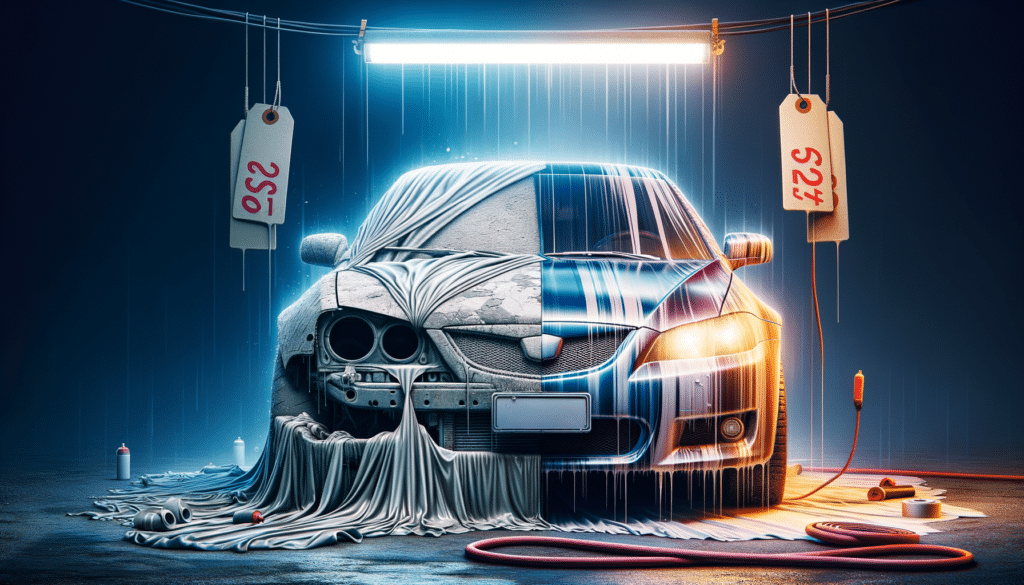Is Car Wrapping Legal?
Car wrapping is a legal practice in most countries, including the United States and the United Kingdom. However, there are certain regulations and guidelines that must be followed to ensure compliance with local laws. For instance, the wrap must not affect the vehicle’s registration details, such as the color stated on the vehicle’s documentation. In some regions, changes to the vehicle’s appearance must be reported to the relevant authorities, especially if the wrap significantly alters the vehicle’s color.
Moreover, car wraps should not cover or interfere with important safety features like lights, mirrors, or license plates. It’s essential to ensure that the wrap is installed professionally to prevent any safety hazards. While the legality of car wrapping is generally not in question, it’s always advisable to check with local transportation departments or regulatory bodies to understand specific requirements or restrictions in your area.
Overall, as long as the wrap is applied within the legal framework, car wrapping is a legitimate and increasingly popular way to customize a vehicle. It provides a creative outlet for personal expression while adhering to legal standards.
Can I Wrap My Car Myself?
Wrapping your car yourself is indeed possible, but it requires a certain level of skill and patience. DIY car wrapping can be a rewarding project for those who are detail-oriented and willing to invest time in learning the technique. However, it’s important to acknowledge that professional installers have the experience and tools necessary to achieve a flawless finish.
The process involves cleaning the vehicle thoroughly, measuring and cutting the vinyl accurately, and applying it without bubbles or wrinkles. It’s crucial to work in a dust-free environment and use the right tools, such as squeegees and heat guns, to ensure a smooth application. Many DIY enthusiasts find online tutorials and videos helpful, but it’s worth noting that practice makes perfect.
While wrapping your car yourself can save money, any mistakes can lead to additional costs if the wrap needs to be redone. For those who are confident in their abilities, DIY wrapping can be a satisfying way to personalize a vehicle. However, for a guaranteed professional finish, it might be wise to consider hiring a professional installer.
How Long Does Car Wrapping Last?
The longevity of a car wrap largely depends on the quality of the vinyl used and the conditions it is exposed to. Generally, a high-quality car wrap can last between three to five years, with some premium options extending up to seven years. Factors such as climate, exposure to sunlight, and maintenance play significant roles in determining the wrap’s lifespan.
Regular maintenance, such as hand washing with mild detergents and avoiding abrasive cleaning tools, can extend the life of a car wrap. It’s also advisable to park the vehicle in shaded areas or use a car cover to protect the wrap from UV rays, which can cause fading over time.
In contrast to paint, which can chip and fade, wraps offer a durable alternative that can be easily replaced or updated when desired. This flexibility makes car wraps an attractive option for those looking to refresh their vehicle’s appearance without committing to a permanent change. Ultimately, with proper care, a car wrap can maintain its vibrant look and protect the underlying paint for several years.


